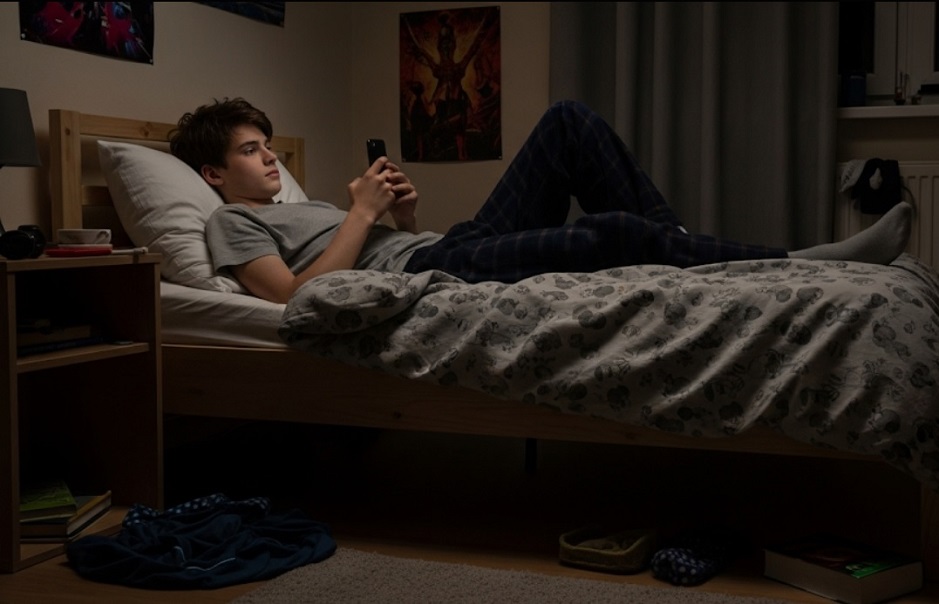Are Mobile Phones Fueling Anxiety and Depression in the New Generation?

In today’s fast-paced digital era, mobile phones have become an inseparable part of our lives. For the younger generation especially, smartphones are not just tools for communication but extensions of their identities. They connect, entertain, inform, and even validate—but are they also quietly contributing to a mental health crisis?
The increasing use of mobile phones among teenagers and young adults is raising serious concerns about emotional well-being. A growing number of studies and anecdotal experiences suggest a clear link between excessive phone use and rising levels of anxiety and depression in young people. While smartphones have made life more convenient and connected, they have also introduced new challenges that were unimaginable just a decade ago.
One of the key factors driving this mental health issue is social media. Platforms like Instagram, Snapchat, and TikTok create a constant stream of curated perfection. The pressure to look flawless, have exciting lives, and receive validation through likes and comments can lead to feelings of inadequacy and low self-esteem. Young minds are particularly vulnerable to these comparisons, often leading to anxiety and a distorted sense of self-worth.
Another aspect is the constant connectivity. The expectation to always be available or respond instantly can result in mental fatigue. Notifications never stop. There’s no real break. This 24/7 digital lifestyle leaves very little room for silence, solitude, or introspection—all essential for mental balance.
Moreover, excessive screen time disrupts sleep patterns. Many youngsters scroll through their phones late into the night, which not only reduces the number of hours they sleep but also affects sleep quality. Sleep deprivation is a well-known trigger for mood disorders and cognitive difficulties, compounding the issue.
Then there’s the fear of missing out—FOMO. Social media constantly bombards users with updates on what others are doing, eating, wearing, or experiencing. This gives rise to restlessness and the belief that one’s own life is dull or lacking. Over time, this persistent dissatisfaction can lead to depressive thoughts.
Gaming apps, reels, and endless scrolling are also wired to be addictive. The dopamine hit that users get from a new like or comment mimics the effect of addictive substances. This creates a cycle of dependency, making it hard to disconnect even when one wants to. The result is often an overwhelmed, overstimulated mind with no time to recharge.
That said, mobile phones are not inherently harmful. They are tools—and like any tool, how they are used determines their impact. When used mindfully, phones can foster learning, creativity, and connection. But when they become substitutes for real human interaction or serve as constant sources of comparison and distraction, they can erode emotional health.
The challenge lies in finding balance. Parents, educators, and young users themselves must be made aware of the psychological risks of overuse. Healthy boundaries, digital detoxes, and prioritizing real-life relationships can go a long way in mitigating the impact.
In conclusion, while mobile phones have revolutionized the way we live, they are also quietly reshaping the way we feel—often for the worse. If we hope to preserve the mental well-being of future generations, the time to talk about this silent epidemic is now.
Disclaimer:
The views and opinions expressed in this article are solely those of the author. They are based on personal insights and observations, and are not intended to offend, target, or harm the sentiments of any individual, group, or community.

 29/07/2025 7:25 PM
29/07/2025 7:25 PM Mumbai
Mumbai 

 Related News
Related News Popular News
Popular News





